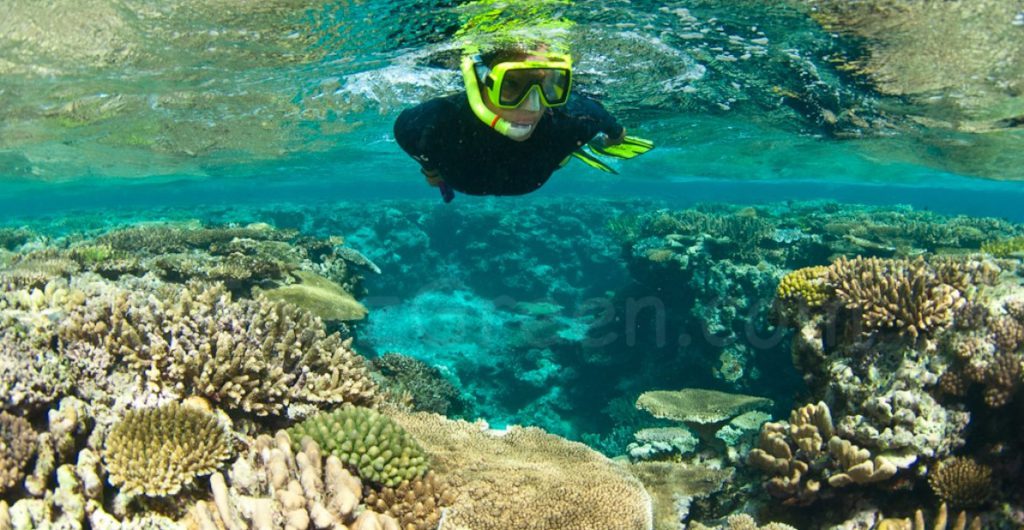Protected areas are known to attract and support coastal tourism
“Every dollar invested to create marine protected areas allows for three times earnings, through the creation of direct jobs, coastal protection and fisheries,” said the World Wide Fund for Nature in a statement.
Extend marine areas closed to fishing
The report, released Thursday on the sidelines of the World Summit on the oceans organized in Cascais, near Lisbon, under the aegis of The Economist and the National Geographic magazine, based on research of the Free University of Amsterdam.
It provides that net profits would go from 490 to 920 billion dollars, according to the scenarios, and 150 000 to 180 000 jobs could be created by 2050. To achieve this, World Wildlife Fund (WWF) advocates to expand marine areas completely closed to fishing 10% of the ocean’s surface by 2020 and 30% by 2030, against less than 4% today, according to the study.
41% of ocean surfaces “strongly affected”
Protected areas “are known to attract and support coastal tourism,” which “encourages employment and trade,” the document says. They would also have a role “to cushion the impact of climate change”, protecting coastal areas from natural disasters. Marine protected areas also play an “important role in the recovery of the fishes’ stock”for fishermen, says the study.
No ocean of the planet is completely untouched by human activity, and 41% of ocean surfaces are “strongly affected”, says WWF, which focuses on major international meetings planned by the end of year to make its case.
The climate will be at the heart of a meeting at the UN in New York on 29th of June and then to the agenda of the General Assembly of the UN in September, and a G20 in Turkey in November, before the World Conference scheduled from 30th of November to 11 of December in Paris.




